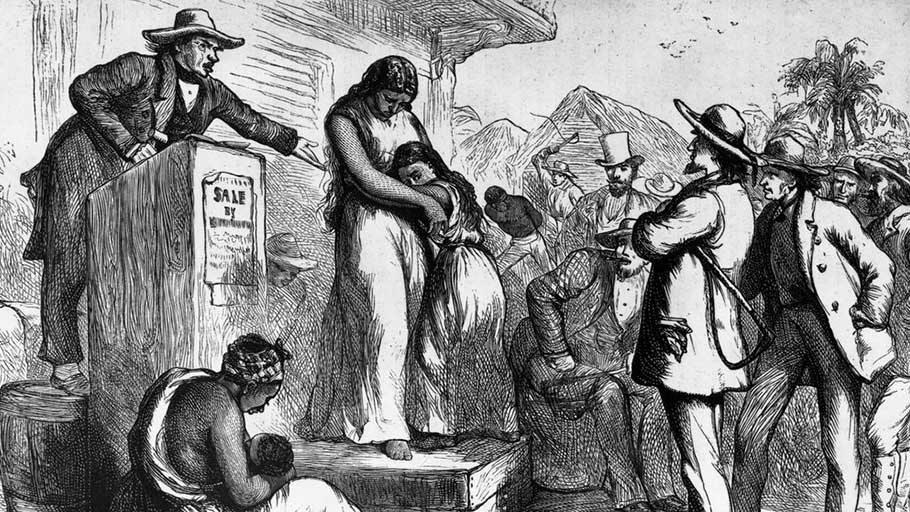
Two new books tell the stories of people kidnapped and sold into slavery. One of them sued successfully. By Eric Herschthal, The New Republic — When we think about slavery,…

Two new books tell the stories of people kidnapped and sold into slavery. One of them sued successfully. By Eric Herschthal, The New Republic — When we think about slavery,…
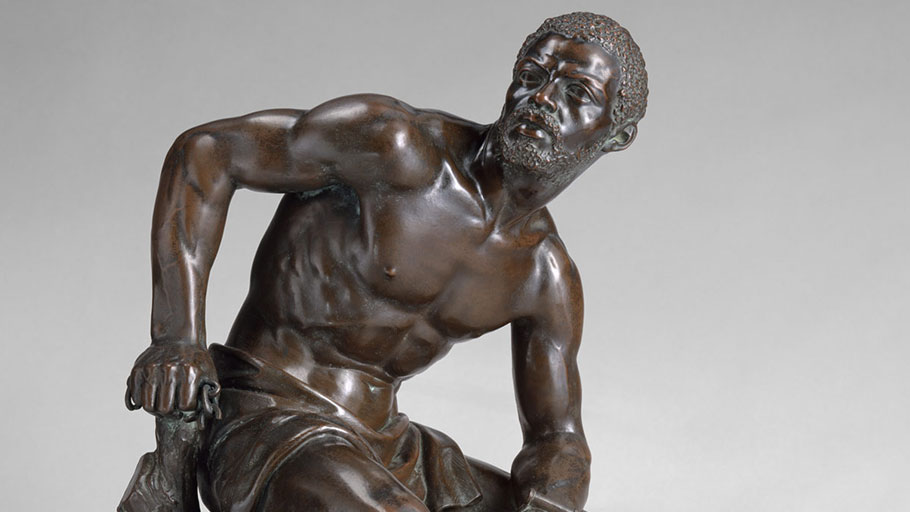
By Thomas A. Foster, History News Network — Editor’s note: This is an excerpt from Rethinking Rufus: Sexual Violations of Enslaved Men by Thomas A. Foster. Reprinted with permission from The University of Georgia Press. The promise of freedom may also have been used to entice enslaved men into sexual contact with white women. In eighteenth-century Pennsylvania, one court record of punishment meted out to a white woman and an enslaved man for…
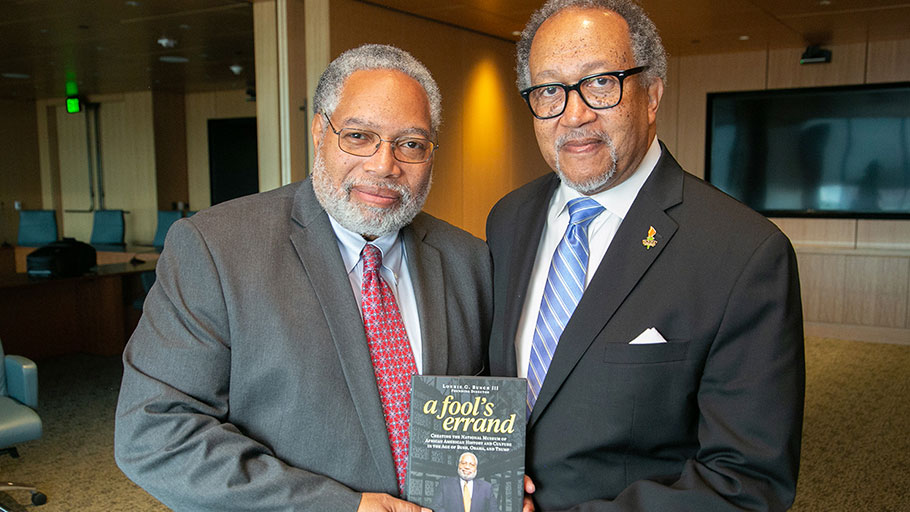
Smithsonian Secretary Goes One-on-One with NNPA President about New Book By Stacy M. Brown, NNPA — Dr. Lonnie Bunch III, the 14th Secretary of the Smithsonian Institution, sat down for an exclusive interview with National Newspaper Publishers Association (NNPA) President and CEO Dr. Benjamin F. Chavis, Jr., at the National Museum of African American History and Culture. The two discussed Bunch’s timely new book, “A Fool’s Errand: Creating the…

“The Water Dancer” comes out of a powerful examination of the legacies of slavery today. By Eric Herschthal, The New Republic — Eight years ago, Ta-Nehisi Coates wrote an essay in The…
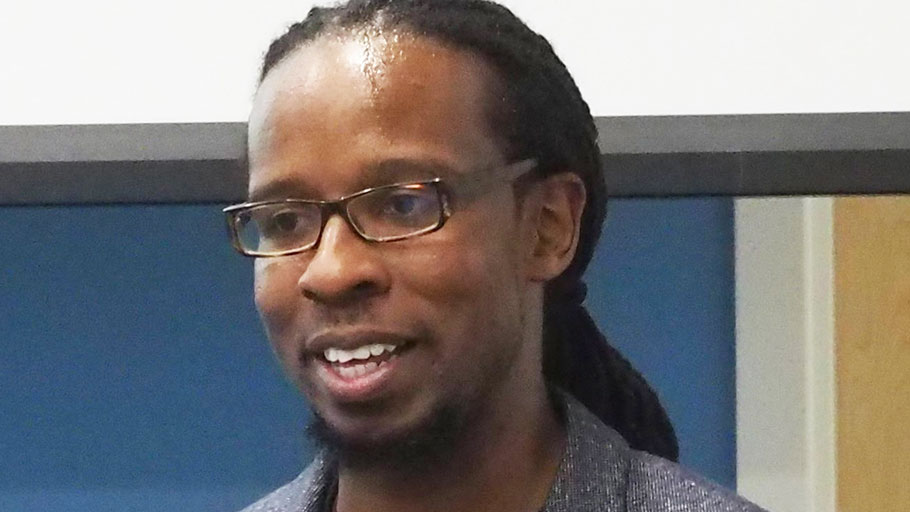
In his new book, Kendi noted that “racial inequity is a problem of bad policy, not bad people.” By Stacy M. Brown, NNPA Newswire — Ibram X. Kendi admittedly once…
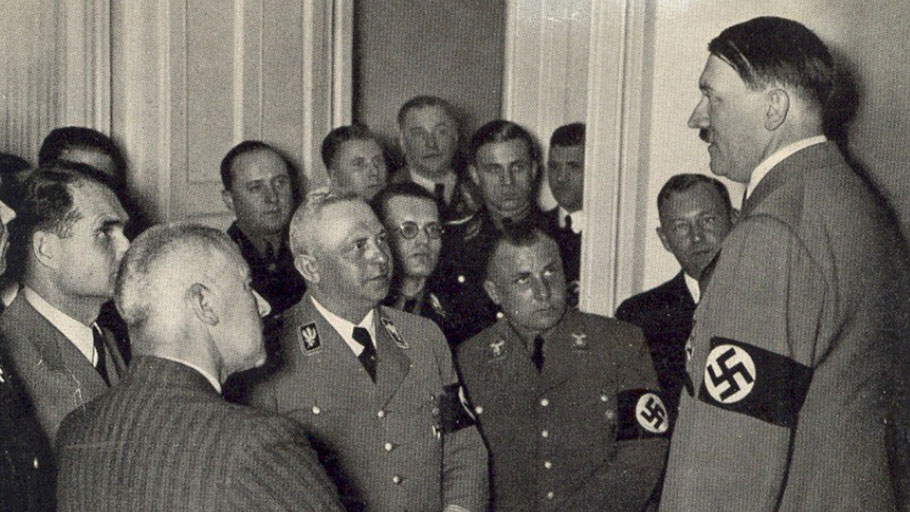
The author, Burt Neuborne, is one of America’s top civil liberties lawyers, and questions whether federal government can contain Trump and GOP power grabs. By Steven Rosenfeld — A new…

In “How to Be an Antiracist,” Ibram X. Kendi argues that we should think of “racist” not as a pejorative but as a simple, widely encompassing term of description. By…
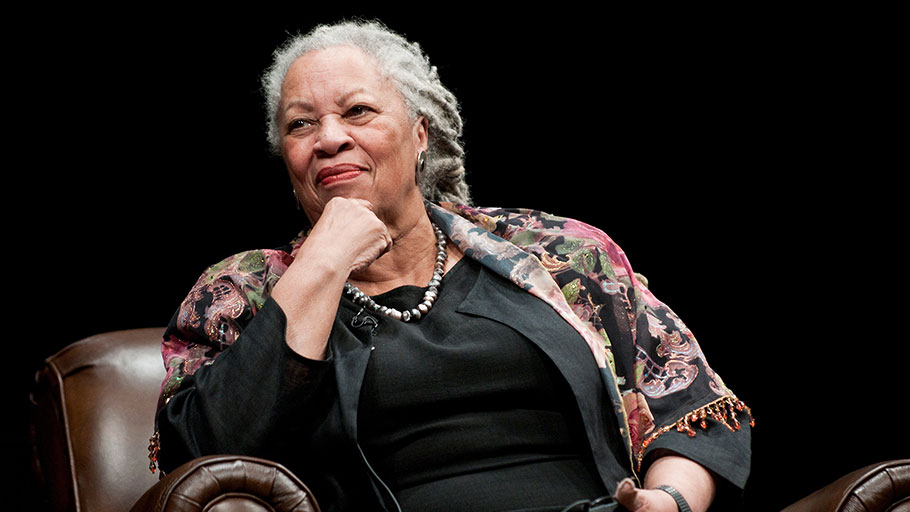
By Marlon James, Time — I don’t remember much else about the day I finished Song of Solomon. The Trinidadian novelist Elizabeth Nunez mentioned her in a manuscript-saving mission—mine being the…

Two differently themed books complement each other; one on the rise of white power at home and the other on anti-communist adventures abroad show the domestic scourge nurtured by foreign experiences even as the global Right employed its services. By Thomas Meany, London Review of Books — In the spring of 1975, as America’s war in Vietnam drew to its grim conclusion, a new magazine targeted readers who did not…
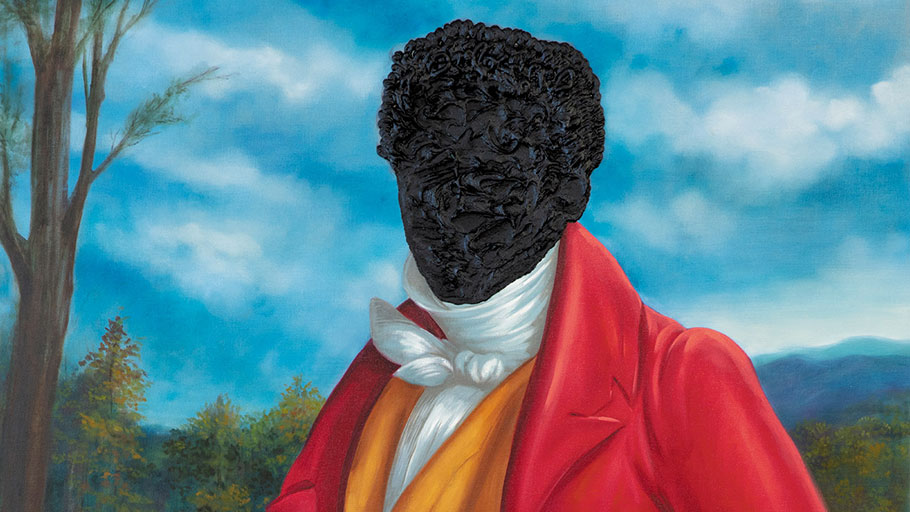
By Nicholas Guyatt — Were the Founding Fathers responsible for American slavery? William Lloyd Garrison, the celebrated abolitionist, certainly thought so. In an uncompromising address in Framingham, Massachusetts, on July 4, 1854, Garrison denounced the hypocrisy of a nation that declared that “all men are created equal” while holding nearly four million African-Americans in bondage. The US Constitution was hopelessly implicated in this terrible crime, Garrison claimed: it kept free…
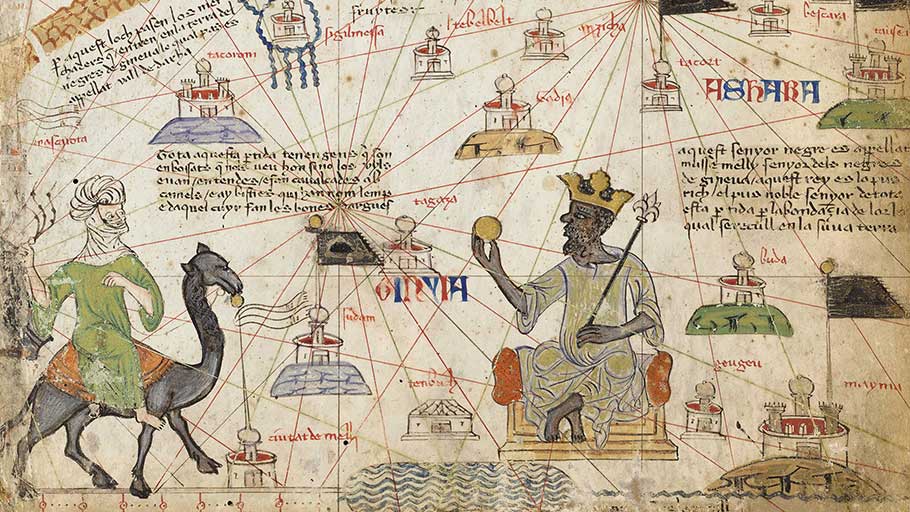
By Howard W. French, NYR — There is a broad strain in Western thought that has long treated Africa as existing outside of history and progress; it ranges from some of our most famous thinkers to the entertainment that generations of children have grown up with. There are Disney cartoons that depict barely clothed African cannibals merrily stewing their victims in giant pots suspended above pit fires.1 Among intellectuals there is…
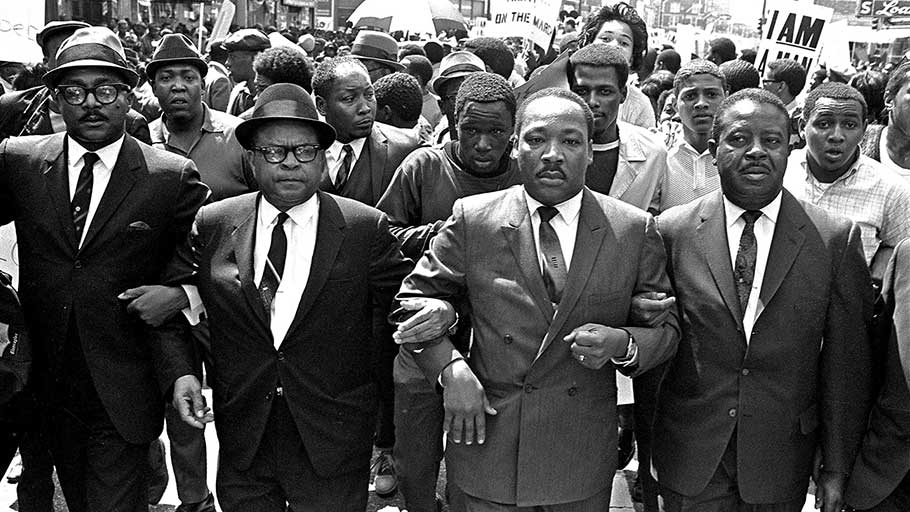
By Robert Greene II, The Nation — Gone was the optimism of 1963. It had been replaced by a sense of disillusionment, a sense of urgency that America was about to lose the last chance to have its soul.” This was how Jet magazine described the climax of the Poor People’s Campaign, which reached Washington, DC, in the tumultuous summer of 1968. For Jet and for many early civil-rights activists, the Poor People’s Campaign…